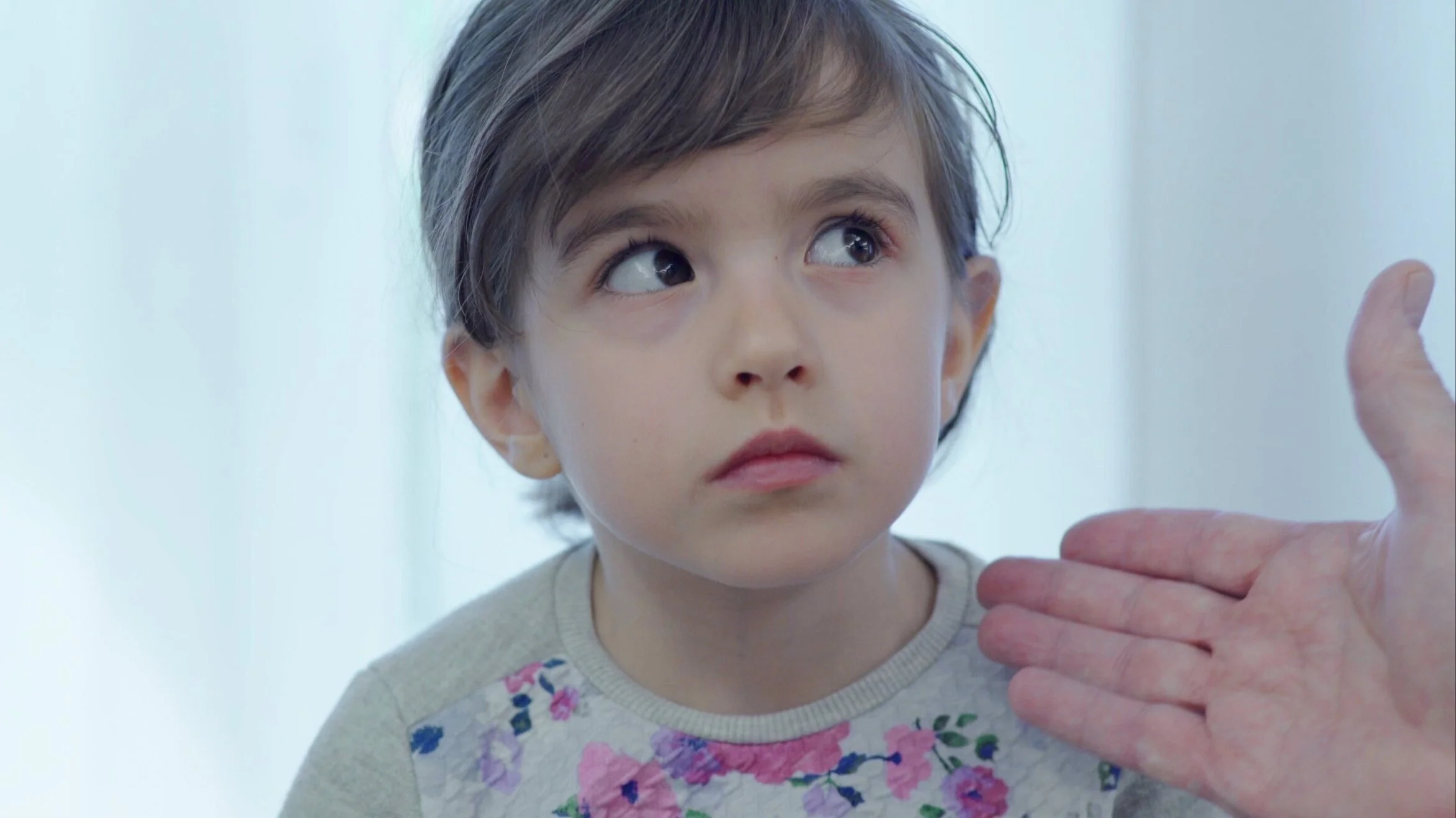Normal
A rare opportunity for each viewer to shape a film’s meaning in whatever way he or she feels apt.
Adele Tulli, a filmmaker from Italy, gives us here a short feature that is extremely unorthodox - so much so that it is difficult to define what it is. Since it contains no actors it clearly belongs to the documentary genre and the phrase that comes to mind is “an essay film”. But to call it that suggests a themed work putting forward a reasoned viewpoint and what Normal does is to leave it to viewers to interpret what is shown on screen in their own way. There is no commentary to act as a guide and, while some may feel instinctively that they know exactly what Tulli’s underlying ideas are, it is almost as though we are being invited to build our own essay out of our individual reactions.
What is clear is that Normal is looking at young people from early childhood to adolescence and at the way in which they are being brought up. I have heard it suggested that a central theme is the extent to which from the earliest age boys and girls are encouraged to fit the male and female stereotypes. Indeed, it is the case that there are references to the need to be an alpha male and advice for girls in which their role in life is seen as a domesticated one lived out in support of their husbands. Even the opening scenes suggest that mothers and fathers are keen to encourage their children to grow up into people who remind them of themselves (a girl’s ears are pierced so that she can wear earrings just like her mother while a father is keen that his son should partake in racing round a track - and in each case the notion seems to be imposed on the child).
But, as the film proceeds, footage extends to teenage partying and to enjoyment of violent video games and the emphasis seems to be more on the ways in which young people voluntarily conform to standard behaviour, even if that does extend to being outrageous at a hen party. Yet, for the most part, little of that we see speaks of today save perhaps for the popularity of having tattoos. Thus, be it as participants in beach games for television or in a Miss World competition, females readily play up to showing off their bodies for the male gaze. In this film feminism is as rare as individuality, but regimentation and the pressures to accept it may be central to Tulli’s view.
However, Normal (a title that invites us to decide if standard ideas about what is normal stem from nature or from society’s conventions) leaves us wondering just how up-to-date Tulli’s film really is and asking too if it doesn’t rely far too much on what each viewer is prepared to bring to it. But it is never boring - and that’s not only due to its short length. Normal is positively designed for the ‘Scope screen and, whilst also offering carefully considered colour tones to supply variety, it is replete with perfectly composed images. At the close, it suddenly turns to something specifically up to date as two men form a civil union, but Tulli’s style is such that the meaning is still left up to us - does this final scene show innovative individuality at last or does Tulli see these gay men as being victims of conformity as they emulate heterosexual marriage?
MANSEL STIMPSON
Dir Adele Tulli, Pro Valeria Adilardi, Luca Ricciardi, Laura Romano and Mauro Vicentini, Screenplay Adele Tulli, Ph Clarissa Cappellani and Francesca Zoners, Ed Elisa Cantelli and Icaria Fraioli, Music Andrea Koch.
Rai Cinema/FilmAffair/Ginestra Film/Intramovies-ICA Films.
70 mins. Italy/Switzerland. 2019. Rel: 27 September 2019. No Cert.


